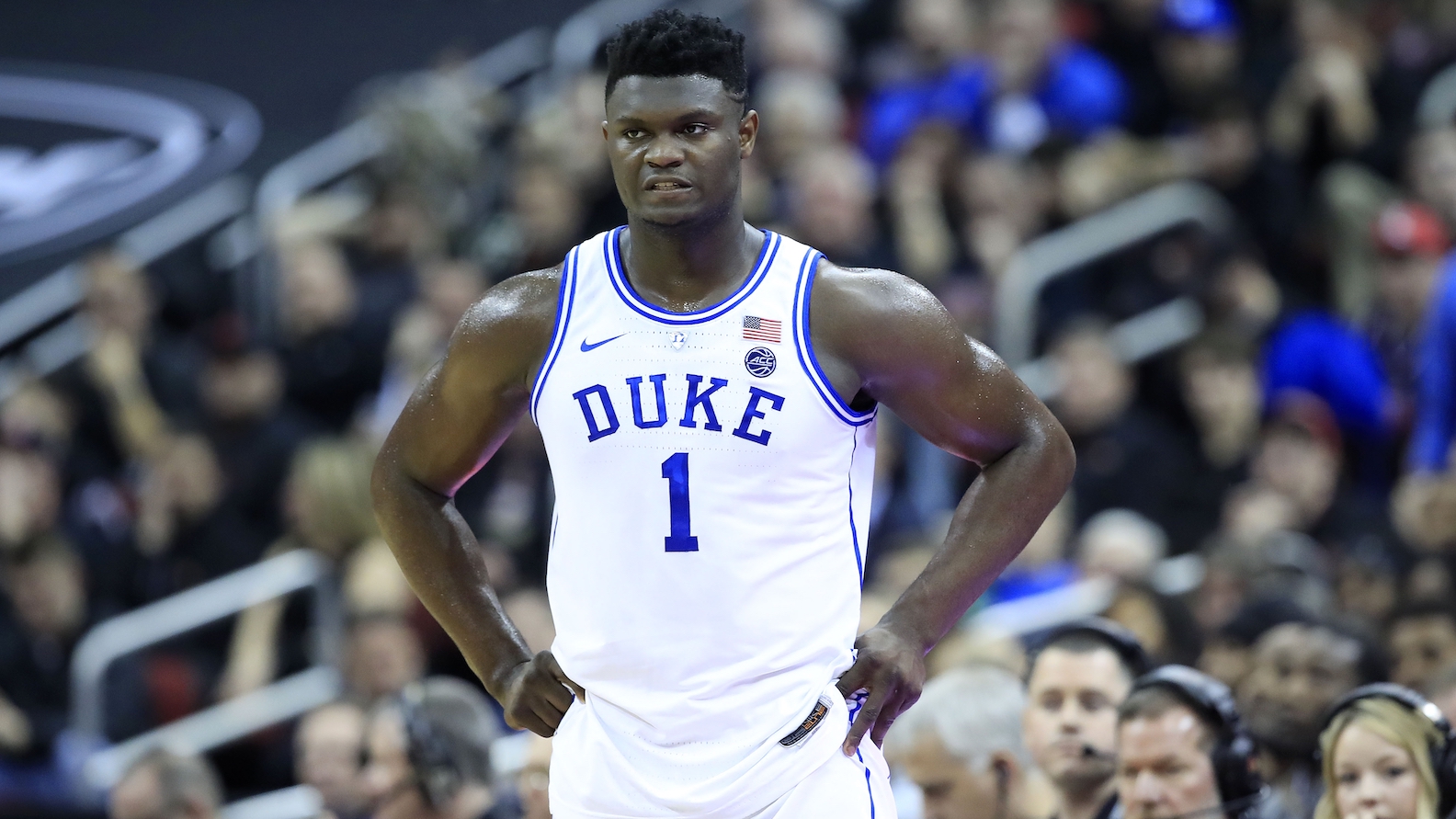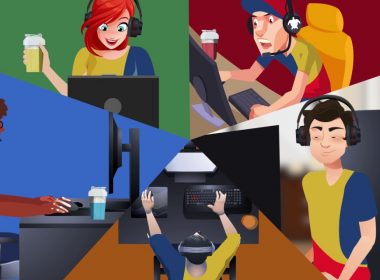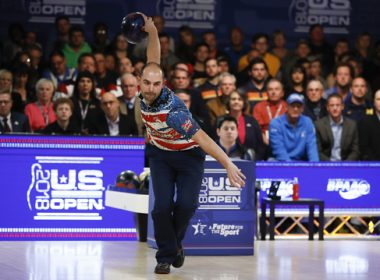On Feb. 20, Duke University basketball star Zion Williamson suffered a knee sprain, reminding the basketball world that one major injury can jeopardize any college athlete’s future earnings. The National Collegiate Athletic Association (NCAA) and its member schools, meanwhile, make over a billion dollars a year off of the backs of Williamson and his peers. Is it time for the NCAA to compensate its athletes?
Pay NCAA athletes
Kaja Surborg
NCAA student-athletes are expected to maintain a high standard of achievement in both academics and athletics. This set of expectations places an immense amount of stress on student-athletes, especially those playing on scholarships. Additionally, more than 98 per cent of NCAA athletes do not become professionals in their respective sport, even though the huge time commitment of collegiate varsity sports prevents them from exploring other career options and from making the most of their education. The time commitment also makes it challenging for athletes to earn money through part-time work while they are in school, but, under NCAA rules, they are not allowed to receive any compensation from endorsements. Thus, they should be paid.
Student-athletes are not considered NCAA employees and therefore are not paid for the time and effort that they put into the games that generate millions of dollars. In 2017, the NCAA reported $1.1 billion in revenues—and not a single cent went to the athletes. The NCAA claims athletes receive an education in return for their contribution to their schools’ athletics programs. But, tactics such as using only certain grades to calculate eligibility GPAs make academic eligibility easier to achieve and, in turn, easier for coaches to demand that student-athletes commit even more time to their sport. This system prevents student-athletes from accessing a quality education and university experience.
Colleges also argue that they cannot afford to pay their players. However, any large Division I school generates huge revenues from their sports teams. Schools could pay the players who generate these revenues instead of spending their money on lavish new athletic facilities or raises for coaches in order to maintain their non-profit status. In 2007, for example, the University of Michigan approved a $226 million renovation project for the largest stadium in the United States. If a college can afford to own and maintain a 100,000-seat stadium, it can afford to pay its athletes.
Don’t pay, NCAA
Zoe Babad-Palmer
Student-athletes are, first and foremost, students. Paying them puts the ‘athlete’ before the ‘student,’ undermining the primary mission of a university. While athletics are an important part of the university experience for student-athletes, sports should not be their primary motivation for attending school. Less than two per cent of NCAA athletes go pro; if they were paid, they would feel pressured to devote even more time and effort to their athletic endeavours, further pushing their academics—and future—aside. Student-athletes are already attracted to programs with expensive facilities and big-name coaches, rather than academics. If universities were to tempt players with substantial paycheques, the recruiting process would only get more skewed, and smaller schools would suffer from their inability to match others’ offers while recruiting top prospects.
Both practically and ethically, there is no ideal way to compensate student-athletes. Teams could either pay all players equally or pay them by performance. Both options would lead to resentment between teammates. Further, many sports, like track and field or swimming, are less profitable to the NCAA than others, like football and basketball, but it would not be fair to pay those athletes less money simply because their sports are less profitable.
Clearly, the NCAA’s current system is flawed: Players are exploited, and coaches are engaging in illegal, underhanded recruiting practices. To fix its problems, the NCAA should require that schools redistribute their revenues toward programs that help their student-athletes, like academic support or mental health services, instead of paying coaches millions of dollars. By placing more emphasis on academics, the NCAA would help students—not just administrators and coaches. Fortunately, the system has already begun to shift in the right direction: Next year, the NCAA will redistribute Division I revenue to schools based on academic performance.
Paying student-athletes will only create more troubles. The NCAA needs to create a system that is focused on the holistic experience of its student-athletes. Maybe then the NCAA can fix its image and, more importantly, improve the lives of student-athletes during and after university.
Editors’ Pick:
The NCAA needs to pay up. Student-athletes are the most important members of collegiate sports, and, with each restricting regulation, the NCAA is only further taking advantage of their hard work to fill its own pockets.









